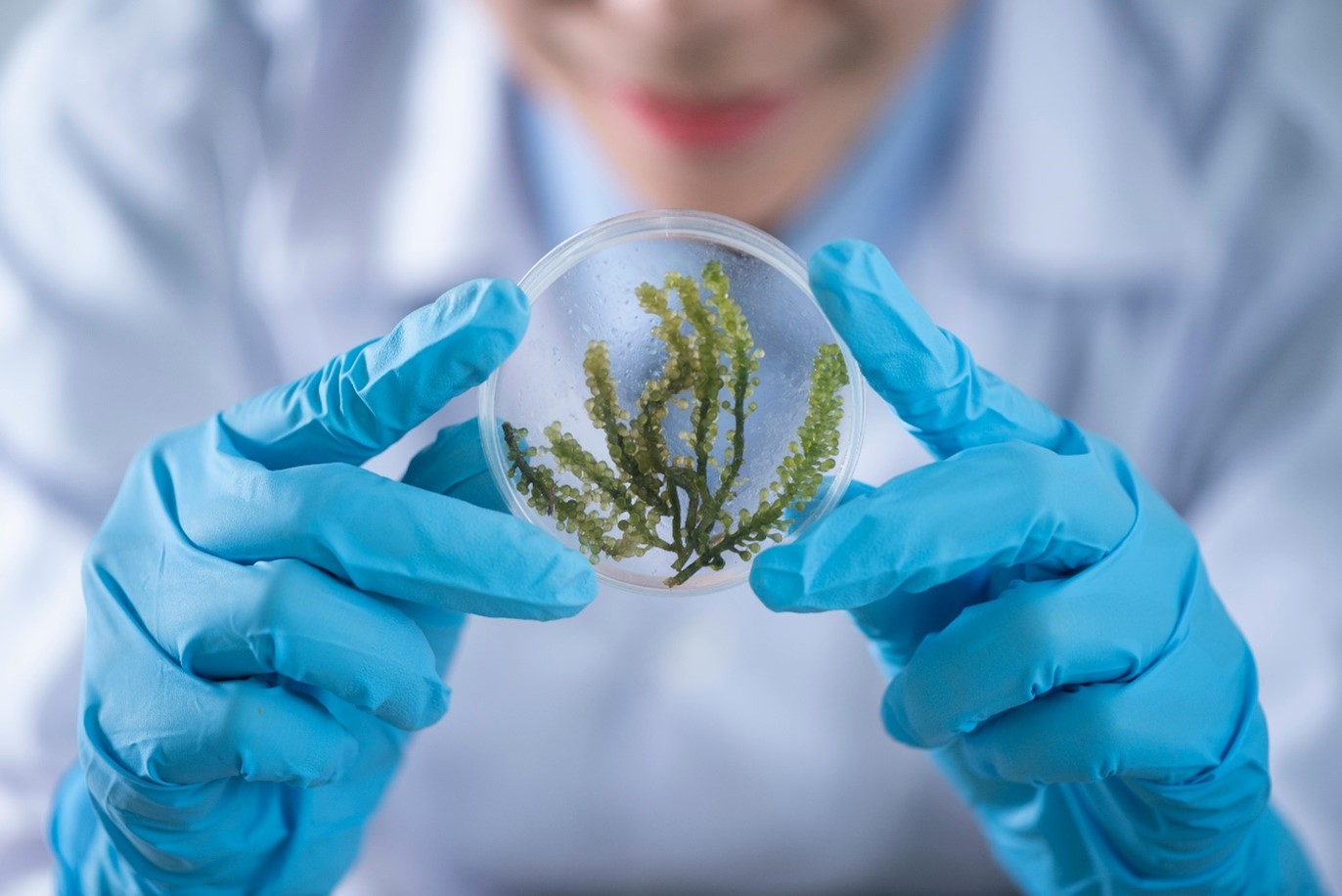Experts from various parts of the world meet in Guatemala for the design of policy on synthetic biology in relation to nature conservation
Group of experts moves ahead on implementation of the mandate agreed by IUCN Members at the last World Conservation Congress in Marseilles, 2021, toward establishing a policy on synthetic biology by 2025.

Antigua, Guatemala, 26 June 2024 (IUCN). Coming from 17 countries, 20 specialists in disciplines including ecology, philosophy, ethics, legislation, genetics, knowledge and Indigenous rights gathered in Antigua, Guatemala, to hold a second round of deliberations on the implications of synthetic biology for nature conservation.
Convened by IUCN (International Union for Conservation of Nature), this working group is being facilitated by the International Centre for Genetic Engineering and Biotechnology (ICGEB) and One Planet Solutions.
The Convention on Biological Diversity defines synthetic biology as “a further development and new dimension of modern biotechnology that combines science, technology and engineering to facilitate and accelerate the understanding, design, redesign, manufacture and/or modification of genetic materials, living organisms and biological systems.”
A subject of international debate, synthetic biology poses risks and opportunities for the conservation of nature. For example, if improperly implemented or governed it could introduce unwanted genetic traits in native species, jeopardising their persistence. On the other hand, it could offer solutions to currently unsolvable threats to biodiversity, such as those caused by diseases and invasive alien species.
In this light, IUCN has concluded that for the policy’s development, it is crucial to hold global and inclusive deliberations assessing the challenges posed by synthetic biology in the context of nature conservation.
This is part of the process for the implementation of Resolution WCC 2020 Res 123, “Towards development of an IUCN policy on synthetic biology in relation to nature conservation,” adopted at the IUCN World Conservation Congress in Marseilles, France, in September 2021.
With this, IUCN is reaffirming the importance of employing the precautionary principle in applications of synthetic biology and their impact on biological systems, nature conservation and sustainable development in order to prevent ecosystem destruction and environmental degradation, as established in the 1992 Rio Declaration on Environment and Development.
For the Director of the IUCN Regional Office for Mexico, Central America and the Caribbean, Úrsula Parrilla, “although synthetic biology is a very new area of IUCN’s work, it is imperative for the Union to have a policy that covers the different angles, with an emphasis on safeguards; that it recognise the legitimate concerns of indigenous peoples and local communities about these technologies.”
Gerardo Paiz, Undersecretary of CONAP (Consejo Nacional de Áreas Protegidas), stated that “as the entity responsible for biodiversity in Guatemala, CONAP is ready to participate in national, regional or international deliberations to reach an agreement on synthetic biology that includes science, conservation and sustainable use of biodiversity and its societal impacts, under ethical principles and social justice.”
The outcome of this session of work will be a second policy draft based on comments from IUCN constituents on the first draft and inputs from the inclusive and participatory process, including the recommendations of the Citizens’ Assembly.
According to the working group’s co-chair, María Julia Oliva, “At this meeting we face the challenge of carefully considering and balancing hundreds of contributions from Union constituents. The group has taken on this responsibility with the profound commitment of listening to the diversity of voices on this issue.”
“Surrounded by Antigua’s rich cultural heritage and impressive natural landscapes, we are reminded of the deep connection between our work and the biodiversity we strive to protect. Together we have the power to drive change and create a lasting legacy for both humanity and the natural world,” said working group co-chair, Zabta Shinwari.
The third draft of IUCN’s policy on synthetic biology will be presented to the IUCN Council, which will convey it through a motion at the next meeting of the World Conservation Congress in Abu Dabi, United Arab Emirates, to be deliberated and possibly adopted by IUCN Members.
Bibiana Sucre, IUCN Councillor and observer of the process, said “The Council has been supervising this process carefully to ensure the inclusiveness and rigor demanded by our Members. If adopted, this policy has the potential to influence other important international spaces.”
It is important to emphasise that IUCN is not approaching the private sector or campaigning organisations to seek financial support for the development of the policy in order to reduce the risk of any perceived conflict of interest.

